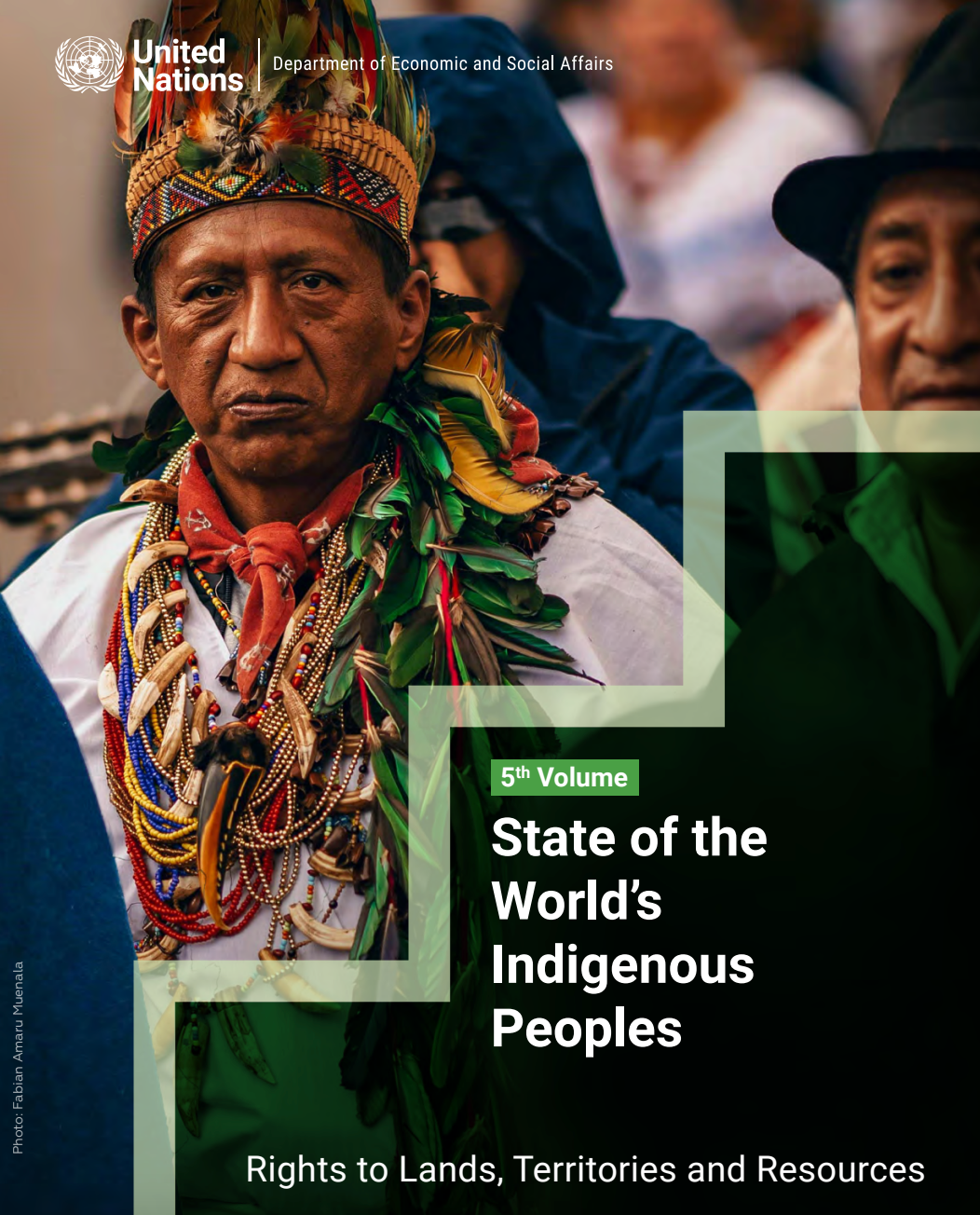Publications
Displaying 161 - 170 of 751
UN ECOSOC Reports on Social Development |
UN ECOSOC Reports on Social Development |
UN ECOSOC Reports on Social Development |
Flagship Reports |
Indigenous peoples’ relationship to their lands, territories and resources is at the heart of their identity, well-being and culture. Preservation of the environment, transmitted through traditional knowledge passed down through generations, is at the centre of their existence. As the world is increasingly recognizing the negative impacts of climate change and environmental degradation on health, food security and overall peace and security, the importance of indigenous knowledge and territorial rights is beginning to be more fully acknowledged by society at large.
The 2030 Agenda for Sustainable Development offers further opportunities to promote the rights of indigenous peoples to lands…
UN General Assembly Reports on Social Development |
UN General Assembly Reports on Social Development |
Publication |
This guide has been developed as a resource for Member States to provide information about the inclusion of youth in their delegations and offers ideas for those with existing youth delegate programmes on how to potentially strengthen them. It includes sections on establishing a programme, suggestions for possible roles of youth delegates and practicalities to be considered.
 Welcome to the United Nations
Welcome to the United Nations

